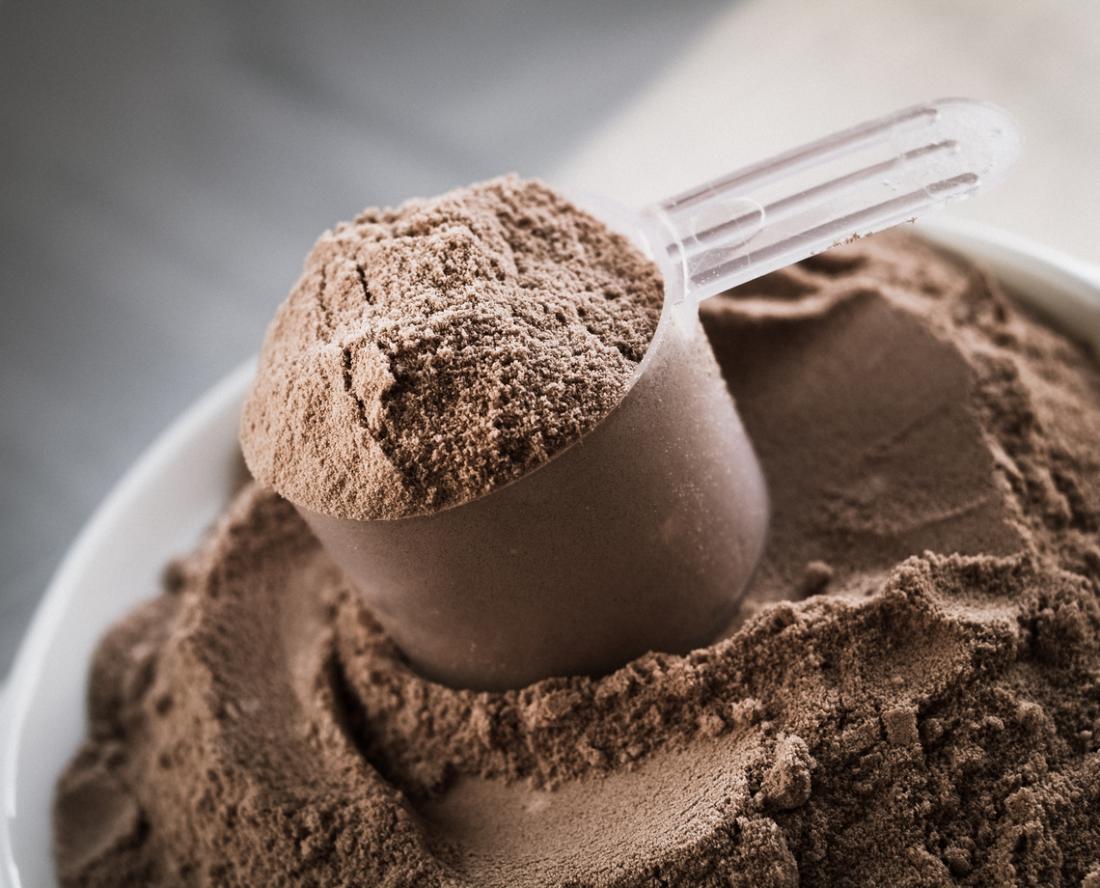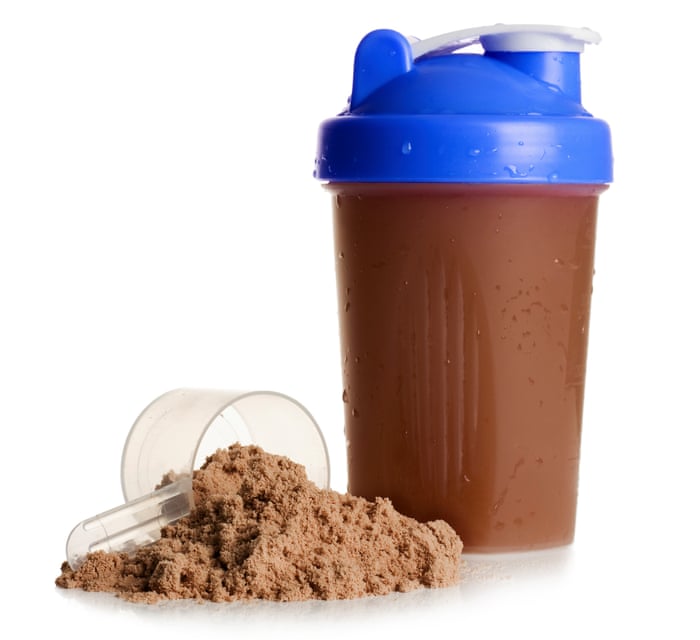
Whey protein is one of the most widely used protein supplements available today. But what is whey protein? Why do you need it? Does it really help?
Read on to know the benefits of drinking whey protein and more!
What is Whey Protein?
Whey is the translucent part of milk (full fat) that is collected after it undergoes the process of coagulation (a process that tangles milk proteins (casein) into solid masses or curds) due to the addition of certain substances (enzymes like rennet or rennin). The whey proteins thus separated are purified using various techniques to obtain whey proteins of various concentrations.
Whey proteins contain Branched-Chain Amino Acids (BCAAs), which stimulate protein synthesis. It is also rich in vitamins and minerals. Not only can you find whey proteins in sports nutrition, but you can also find them in baked goods, salad dressings, emulsifiers, infant formulas, and medical nutritional formulas. The protein concentration varies depending on the forms of whey proteins.

The Forms of Whey Protein
There are three major forms of whey proteins: concentrate, isolate, and hydrolysate.
- Whey protein concentrate: It contains 35-80% protein with fat, lactose, and minerals making up the rest. It is the least expensive.
- Whey protein isolate: It contains 85- 90% protein with a tiny proportion of fat or lactose.
- Whey protein hydrolysate: It comprises proteins that have undergone hydrolysis by the use of proteolytic enzymes for easier metabolizing. It is the most expensive.
Thus, one can choose whey proteins according to their affordability, needs, or as advised. Lactose-intolerant individuals can also consume whey proteins with low lactose content (example: whey protein isolates) to avoid major side effects.
Health Benefits
There are several health benefits of drinking whey protein. These are:

- Whey proteins help improve your muscle mass and muscle strength.
- It may help reduce inflammation.
- It can also help improve your cognitive function by increasing serotonin levels in the brain.
- Serotonin can affect mood and social behavior, appetite and digestion, sleep, memory, and even sexual desire. So, you can understand how important this can be for your mental well-being!
- Serotonin improves immune function as well as the gastrointestinal health of trained athletes and active individuals.
- Whey proteins can also help your body heal wounds faster.
- Whey proteins also reduce the risk of cardiovascular disorders by reducing blood cholesterol levels.
Consuming whey proteins does not have any major side effects if consumed according to the recommended doses. However, read labels to follow the serving instructions of the product as each whey protein has varying protein content.
Also, consult your dietitian or trainer to know your recommended daily intake to avoid excess consumption. High doses can, however, cause symptoms such as reduced appetite, fatigue, thirst, nausea, headaches, cramps, increased bowel movements, and bloating.

Whey protein powder can easily be integrated into your diet by adding it to liquid or semisolid food. You can also blend it with ice and fresh fruits to make a delicious and nutritious smoothie. Thus, whether you’re planning to start a hardcore workout regime or just want to increase your protein consumption, whey protein is the way to go!


.png)


